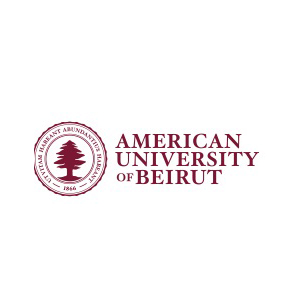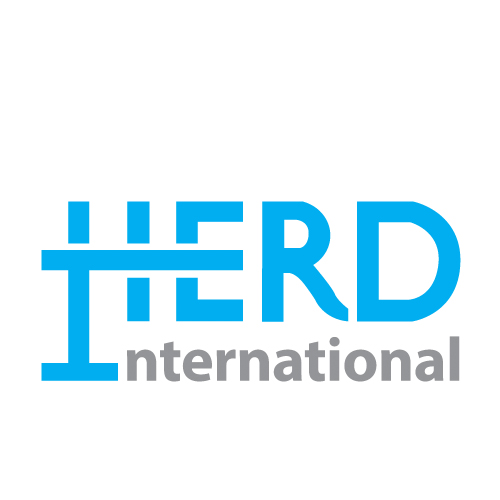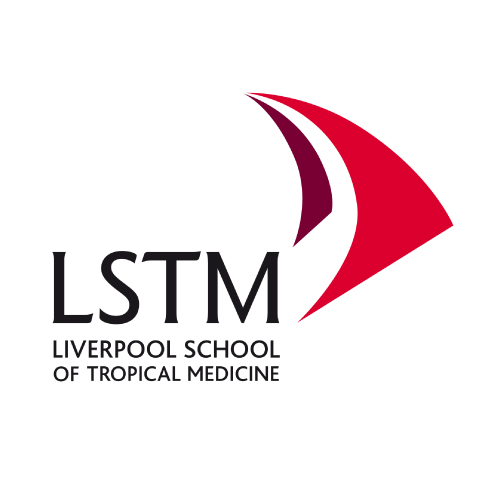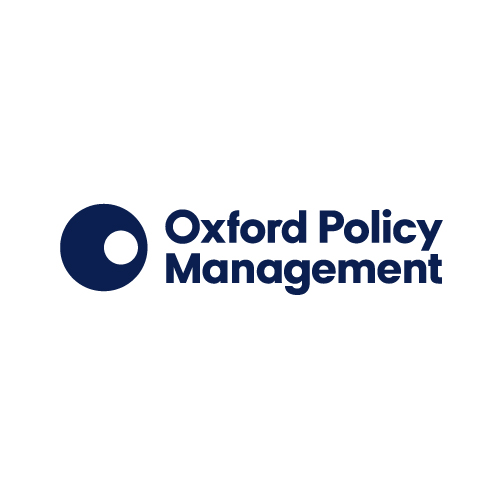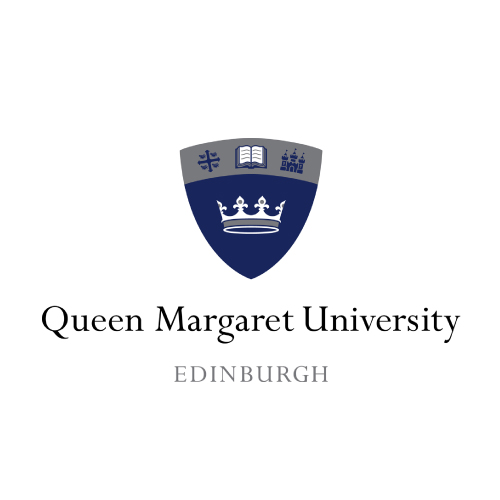
About Institute for Global Health and Development
The Institute for Global Health and Development (IGHD) is a multidisciplinary centre for postgraduate education and research, addressing health and development challenges in low and middle-income countries and their connection to global systems and trends. Their work is characterised by:
• a multidisciplinary approach rooted within the social sciences
• a commitment to research which provides a critical perspective on issues and points towards tangible actions to address them and
• a concern to address the health and well-being of those in greatest need
IGHD co-led ReBUILD, leading projects on health financing, health worker incentives, performance-based financing, and demography and health needs.
More on the Institute for Global Health and Development on its website
Institute for Global Health and Development and ReBUILD for Resilience
IGHD brings a wide range of expertise to ReBUILD for Resilience, including on health financing and economics, health system dynamic modelling, evaluation of complex interventions, participatory action research, impact evaluation, political economy and health policy analysis, and systematic reviewing.
IGHD-supported projects
• Health system resilience in Ethiopia’s Tigray region
• Understanding health system resilience to respond to COVID-19 in a federalised context: a case study of health workforce management at sub-national level in Nepal
• Understanding and developing a resilient health system in Bar Elias/Majdal Anjar, Lebanon
• Cross-country learning on health system resilience: synthesis of OPM findings on the role of community health workers in COVID-19 and on governance for health system responses to emergencies
• Strategies to support community health workers working in fragile urban contexts: a case study of the anglophone regions in Cameroon
• Implementation of the reproductive, maternal, newborn, child, and adolescent health policy in Sierra Leone: dynamics, challenges, and opportunities faced by policy implementers at the national and sub-national levels
• Community and health system stressors and coping mechanisms during COVID 19: case study from Myanmar
Professor Sophie Witter
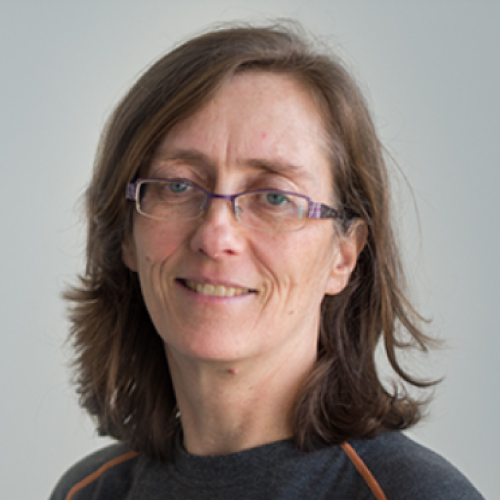
Research co-director
Sophie is a health economist and health system researcher, whose work has spanned more than 30 years and countries across Africa, Asia-Pacific, Central Europe and the Middle East. She has successfully led multi-disciplinary, multi-country research teams to timely and effective completion, with a strong focus on evidence into practice.
Sophie’s health system and policy research networks are extensive (she is an active and highly sought-after technical advisor) and she works closely with FCDO, other funders, academics and global health networks, as well as developing capacity through collaborations, teaching and mentoring.
Sophie is Professor of International Health Financing and Systems and Deputy Director of the Research Unit on Health in Situations of Fragility at IGHD. Her recent research work focused on fragile and conflict-affected states, understanding resilience in shock-affected health systems, health system strengthening, fostering learning in health systems, evaluation of complex health system interventions, embedded development and research, alongside health financing and human resources for health.
Contact Sophie on via the IGHD website [opens new tab]
Dr Maria Bertone
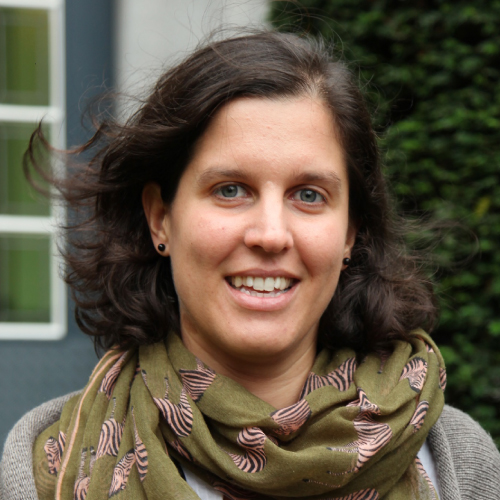
Researcher
Maria’s research looks at health financing and human resources for health issues (including purchasing arrangement, performance-based financing schemes, health workers’ remuneration and incentives), with a focus on fragile and conflict-affected settings. She is particularly interested in the political economy dynamics that define the design, implementation and adaptation of health financing and HRH policies in fragile contexts. She is currently leading NIHR-funded research focusing on the political economy of universal health coverage in francophone Africa.
Prior to working in academia, Maria provided technical advice to the Ministry of Health of Burundi, through the Overseas Development Institute Fellowship and then as consultant in numerous countries including DR Congo, Cote d’Ivoire, Rwanda, Chad, Benin, Laos, Comoros and Botswana.
Maria is the vice-chair of HSG’s Thematic Working Group on Fragile and Conflict-Affected States. [Opens new tab]
Contact Maria on via the IGHD website. [Opens new tab]
Dr Karin Diaconu
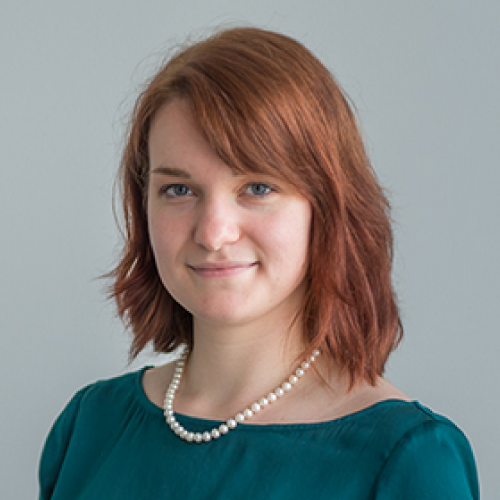
Researcher
Karin is a health scientist with a particular interest in health service delivery and function in low- and middle-income countries and humanitarian settings. Her research priorities include community capacities during/post humanitarian crisis, health technology assessment, priority-setting and the evaluation of interventions and service delivery initiatives via mixed-method approaches.
Karin is currently one of the research fellows active in the Research Unit for Health in Situations of Fragility, focused primarily on supporting research in the Middle East, including evaluations of mental health, diabetes and hypertensive care delivery and uptake among vulnerable Lebanese and Syrian populations in Lebanon. She is also the lead analyst for a clinical trial examining the effectiveness of a provider-targeted performance-based financing scheme for strengthening tuberculosis management in Georgia.
Dr Ibrahim Bou-Orm
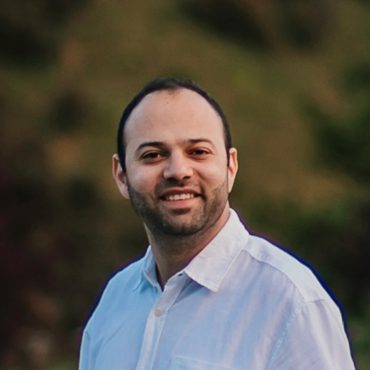
Researcher
Ibrahim is a medical doctor with extensive experience in global public health research and practice. Before joining IGHD, he worked for the Lebanese Ministry of Health as a Public Health consultant on Non-Communicable Disease (NCD) Prevention and Control and Refugee Health. Since then he has been working as a consultant for local and international NGOs and UN agencies across the Middle East including the WHO Regional Office for the Eastern Mediterranean.
Ibrahim’s current research focuses on analysing health systems in fragile and conflict-affected settings in the Middle East and Africa and he has co-authored more than 30 peer-reviewed publications. He led ReBUILD-associated projects on health service delivery, mental health and psychosocial support, and private sector engagement in the conflict area of Northern Syria. He is also co-leading case studies on integration of refugee health systems as part of a research project with UNHCR.
Contact Ibrahim via the IGHD website. [Opens new tab]
